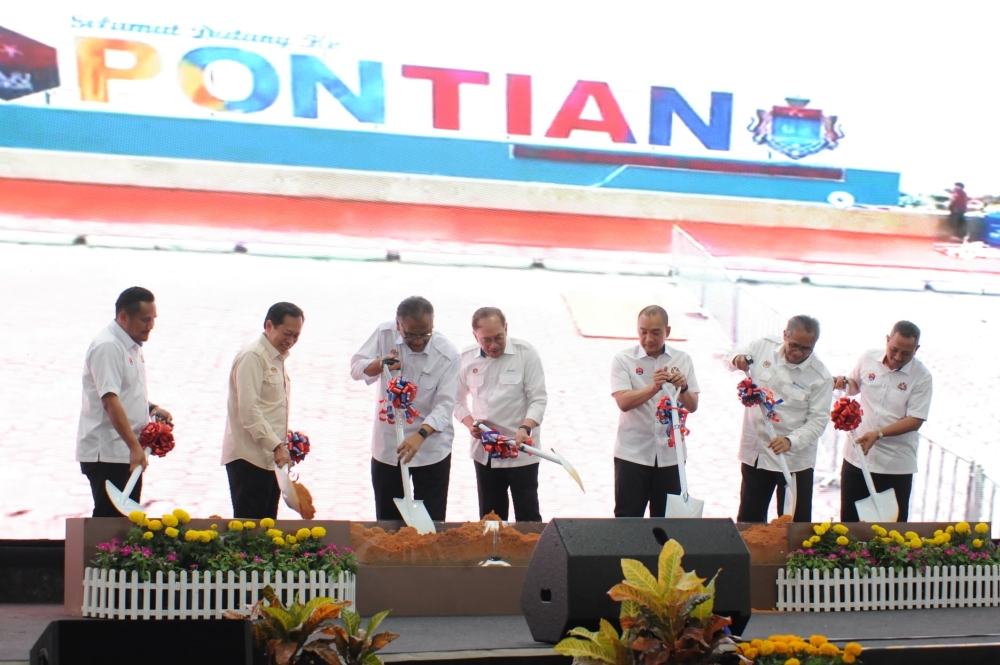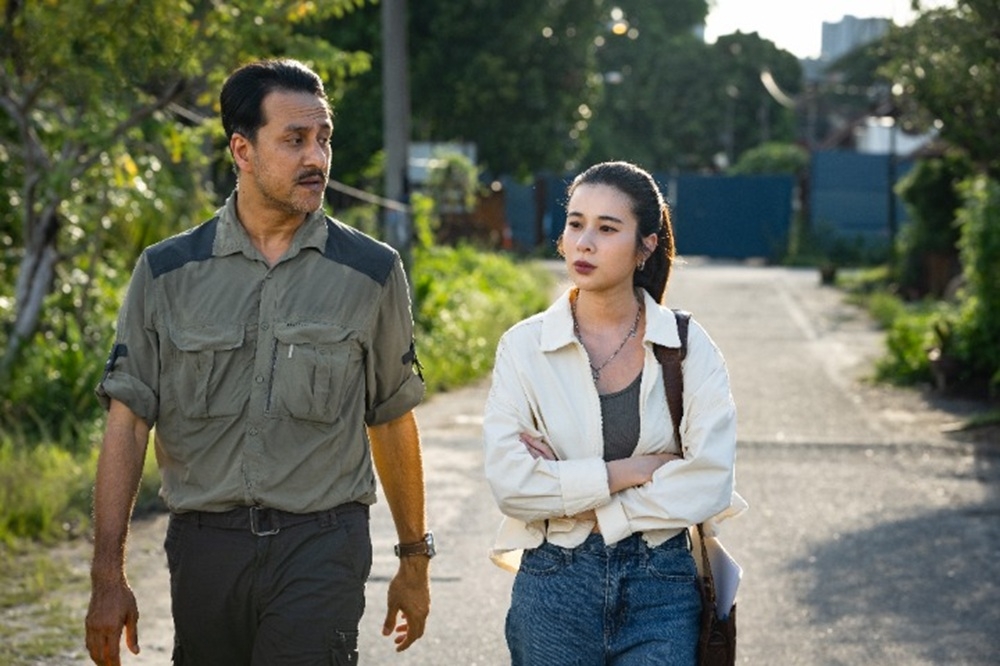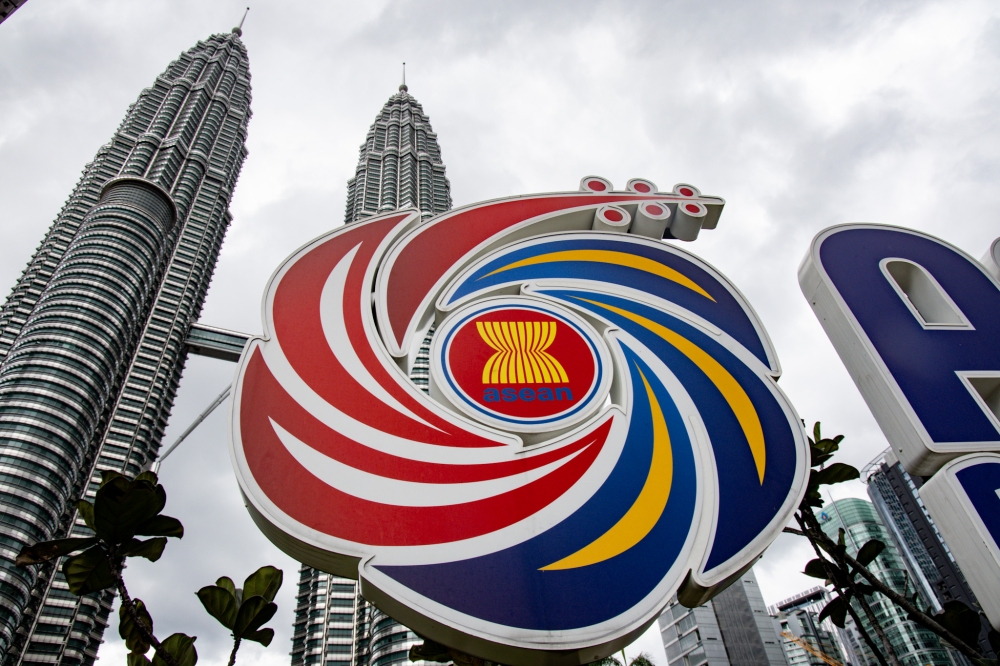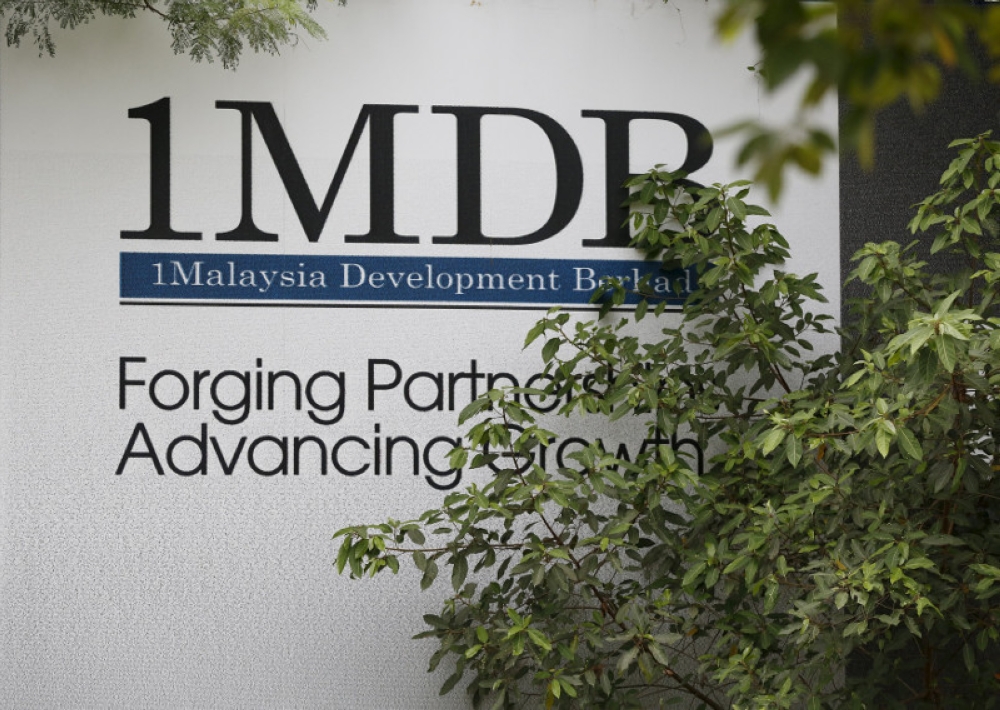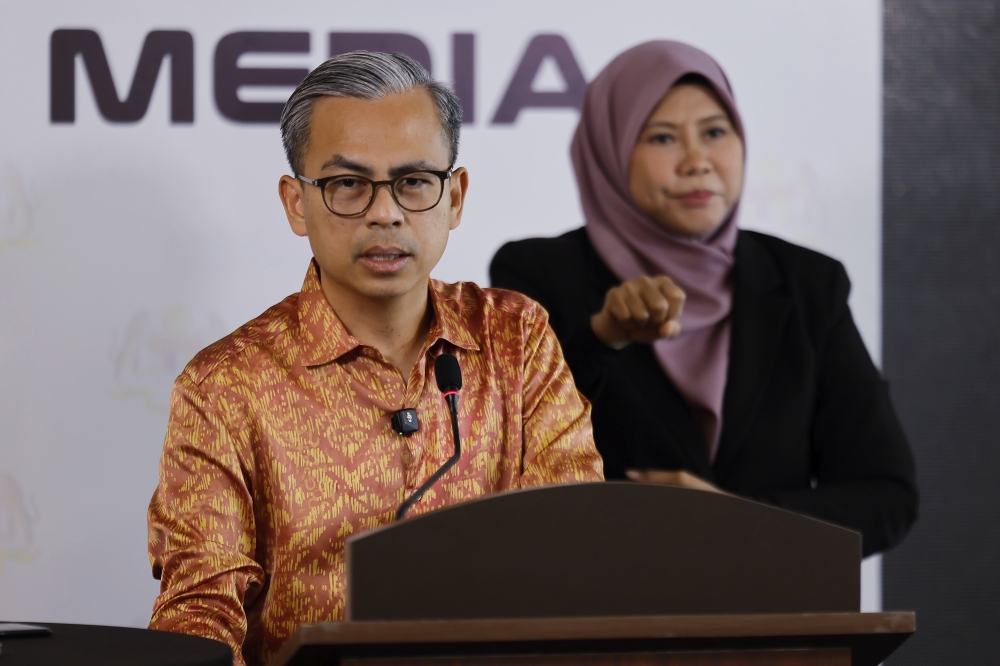NOVEMBER 1 — The Malaysian Rakyat, workers and consumers, are suffering.
Workers are suffering. Incomes are relatively low. While the Bank Negara Malaysia would suggest that the living wage for a single person is RM 2,600, the World Bank Report in 2018 indicated that 50 per cent of workers earn less than RM 2,160.
Further, a prominent economist asserted that 70 per cent of Malaysian households are living below the decent living wage. Many are forced to take two jobs to sustain their family.
Consumers are suffering. Cost of living is increasing. The most basic food items both raw and cooked food are rising at a rate that consumers simply cannot cope.
Many are making harsh adjustments — eating less or cheaper foods.
Poor households spend up to 40-50 per cent of their incomes on food; thus food price increase impacts them severely. Food is becoming unaffordable.
While there is much policy announcements on food security and assuring assessable and affordable food, the price of food continues to increase.
While we continue to proclaim that we would increase food production; our food import bill continues to increase, from RM 51 billion in 2017 to RM 76 billion in 2022.
Despite the endless statement to crush food cartels and monopolies, they continue to thrive impacting consumer’s welfare severely.
The other components of cost of living continue to severely negatively impact consumer’s well-being. House prices are unaffordable.
Healthcare system is overwhelmed causing often in critical situations to bring their loved ones to private hospitals and end up in severe financial distress.
Patients spent RM 22.6 billion out of pocket payments for healthcare in 2020; this increased to RM 26.6 billion in 2022. Childcare expenditure continues to increase.
Malaysians, especially the poor and the vulnerable are suffering.
Certainly the most negatively impacted are the poor and the vulnerable. The role of a responsible government is to ensure that the poor and the vulnerable have access to a minimum quality of life.
This is done through an inclusive and effective social protection policy and schemes. Two key components of social protection are ensuring basic income security and ensuring universal access to basic needs.
Reliefs are substantially focused to provide relief for individuals and families who have fallen below what is considered a socially acceptable standard of living.
According to the Social Wellbeing Research Centre (SWRC), the social protection coverage in Malaysia is narrow meaning that many intended beneficiaries are not protected.
For example it states that in 2015, only 9.1 per cent of intended beneficiaries were protected. It summarised that none out of 10 intended beneficiaries are left uncovered, which is too high, even worse than many low income countries.
Further according to SWRC we are under-investing is social protection programmes. The share of social protection expenditure to GDP for Malaysia in 2012-2019 was between 3.8-4.7 per cent, which is about the same level of social protection for the lower middle income countries.
In the Economic, Monetary and Financial Developments in 2020 Report by Bank Negara Malaysia it was reported that despite the sizeable expenditure of RM 17.1 billion expenditure (1.1 per cent of GDP) on social protection programmes, the payout amounts under each programme tended to be small and insufficient to ensure that the most vulnerable households were able to meet minimum income and living standards.
Fomca calls on the government to give priority to reform social protection in Malaysia towards a robust and inclusive framework that can respond effectively to ensure that the most vulnerable members of society are not left behind.
The first priority could be with the establishment of a Social Protection Floor, in other words all individuals should have access to a basic income security as they face major risks throughout their lifecycle.
The focus to have access to a basic income would focus on the hard-core poor, the elderly and the vulnerable.

According to the International Labour Organisation (ILO) the national social protection floors should comprise at least the following four social security guarantees, as defined at the national level:
- access to essential health care, including maternity care;
- basic income security for children, providing access to nutrition, education, care and any other necessary goods and services;
- basic income security for persons in active age who are unable to earn sufficient income, in particular in cases of sickness, unemployment, maternity and disability;
- basic income security for older persons.
Further according to the ILO, in many ways the power of the social protection floor lies in its simplicity.
The floor is based on the idea that everyone should enjoy at least basic income security sufficient to live, guaranteed through transfers in cash or in kind, such as pensions for the elderly and persons with disabilities, child benefits, income support benefits and/or employment guarantees and services for the unemployed and working poor.
It is crucial to ensure that those left behind are brought into the scheme to ensure that they enjoy a minimum quality of life. It is crucial that no one is left behind.
* Paul Selva Raj is deputy president of Federation of Malaysian Consumers Associations (Fomca).
** This is the personal opinion of the writer or publication and does not necessarily represent the views of Malay Mail.













